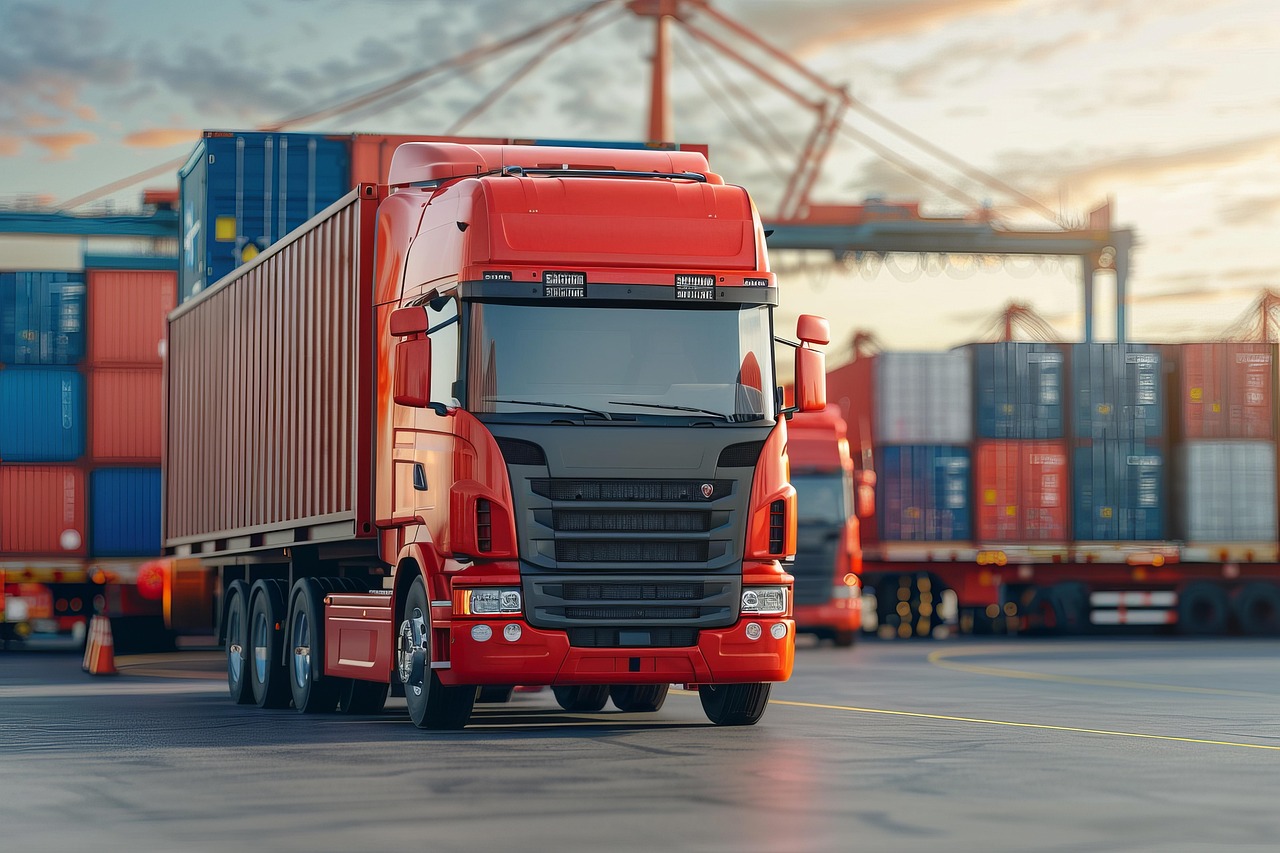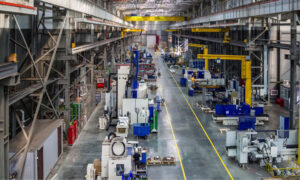Trucking companies play a crucial role in the logistics and transportation industry, acting as the arteries that keep the flow of goods and materials moving across countries and continents. They form the backbone of supply chains, bridging the gap between production facilities and end-users, from small businesses to giant retailers. Without them, commerce and trade as we know it would come to a halt. But how do these companies function, and what makes their role so vital in our daily lives?
What Are Trucking Companies?
Trucking companies are enterprises dedicated to moving goods via road using heavy-duty trucks, semi-trailers, and similar vehicles. These businesses range in size from small, owner-operator firms with a single truck to massive multinational corporations managing fleets of thousands of vehicles. Their primary goal is to transport cargo safely, efficiently, and cost-effectively.
The goods they carry cover virtually every industry imaginable—construction materials, consumer products, perishable foods, and even hazardous substances. For each of these cargo types, specific protocols and regulations are followed to ensure safety and compliance.
The Role of Trucking Companies in Supply Chains
Trucking companies are integral to ensuring supply chains run smoothly. They function as connectors, ensuring raw materials move to factories, finished products reach warehouses, and goods make their way into the hands of consumers. For industries like e-commerce, manufacturing, and agriculture, trucking services are indispensable.
Whether it’s transporting a single pallet across state lines or managing full truckload (FTL) shipments spanning multiple countries, trucking companies ensure businesses meet delivery deadlines while keeping costs reasonable.
Types of Trucking Services
- FTL (Full Truckload): Suitable for large shipments that require an entire truck’s space.
- LTL (Less-Than-Truckload): Cost-effective for smaller shipments that share space in a truck with other cargo.
- Refrigerated Trucking: Specifically for temperature-sensitive items like dairy, meat, or medical supplies.
- Flatbed Trucking: Designed for oversized or construction-related goods like steel beams and machinery.
Challenges Faced by Trucking Companies
The trucking industry, while indispensable, faces several challenges in a rapidly evolving world.
Driver Shortages
Finding skilled, reliable drivers has become a pressing issue. Long hours, extensive travel, and time away from home often deter individuals from pursuing careers in this field.
Rising Fuel Costs
The fluctuating price of fuel significantly impacts trucking companies, as fuel accounts for a considerable portion of operating expenses. They are increasingly exploring energy-efficient technologies or alternative fuels to offset this challenge.
Regulatory Compliance
Strict government regulations, such as limits on driving hours or emissions standards, necessitate compliance, which can sometimes increase costs. Adapting to these changes requires investment in technology, training, and equipment.
Benefits of Trucking Companies
Despite challenges, trucking companies continue to have distinct advantages for businesses and consumers alike.
Accessibility and Flexibility
Thanks to an expansive network, trucking services can reach virtually every corner of a region, even areas inaccessible by rail or air.
Quick Deliveries
For time-sensitive shipments, trucks provide faster door-to-door transportation compared to other modes like shipping by sea.
Cost-Effectiveness
When planned efficiently, trucking is an affordable option, particularly for businesses operating domestically.
Future of Trucking Companies
The future of the trucking industry is evolving rapidly, driven by technological advancements and changes in consumer behavior.
Automation and Driverless Trucks
While the concept of driverless trucks was once futuristic, it is now becoming a reality. Autonomous vehicles promise reduced operating costs, better efficiency, and improved safety.
Sustainability
With a growing focus on eco-friendly practices, many trucking companies are investing in electric and hybrid vehicles. Sustainability initiatives can drastically reduce carbon footprints while appealing to environmentally conscious consumers.
Digital Freight Platforms
Digital platforms are streamlining logistics processes, enabling companies to optimize routes, track shipments in real-time, and reduce resource wastage.
Why Choose Reliable Trucking Companies?
Choosing the right trucking partner can make all the difference for businesses. Key factors to consider include the company’s experience, fleet size, safety record, and customer service excellence. A dependable trucking company ensures timely deliveries, protects goods in transit, and provides transparency throughout the delivery process.
Final Thoughts
Trucking companies are vital for global commerce and the smooth functioning of supply chains. They keep shelves stocked, construction sites running, and businesses thriving. While challenges such as driver shortages and fuel costs persist, the industry’s focus on innovation and sustainability promises an increasingly efficient and environmentally friendly future.
Whether you’re a small business owner or a logistics manager for an enterprise, partnering with the right trucking company can help you stay ahead in an intricate and competitive market.



































